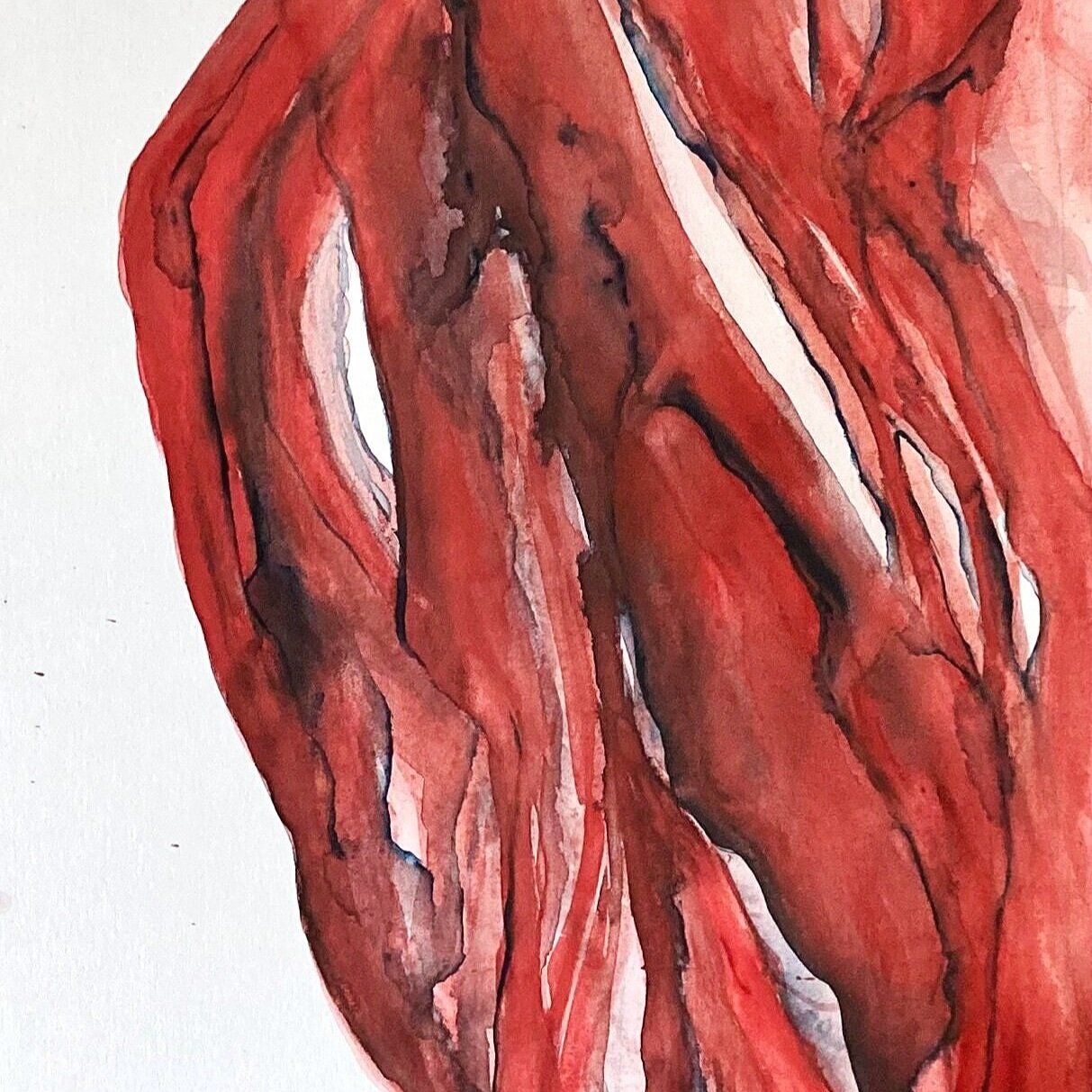I don’t have much hair to cut. I used to wonder why a bald man like my own dad would pay money to have a barber trim what little was left. Seemed like there should have been a “bald-guy” discount. That’s another topic for another time, and all economics aside, it was just a few years ago when I was home visiting my parents in Monticello, building a deck on the front of the house, when I decided to be that bald guy who goes in for that haircut. It was so hot that week in July that it made sense as well to seek a respite from the midday heat and stop in to see Barber Bruce.
My haircut is pretty simple. I have even taken on the duties to cut my hair all by myself, and with the exception of asking one of my daughters to “check the back” of my head for anyplace I missed, have been using that old Wahl razor to trim to near shaved status. I guess I’m grateful that being bald, and shaving most of one’s hair off is sort of on-trend. Many a balding male has now sought to alleviate the torture of the hair-on-the-sides look by simply going with a more bad-ass shaved head look. Most of us have done so all the while allowing facial hair to grow in the form of a beard or goatee; there aren’t many heads completely void of hair somewhere.
That day in July, though, I went to see Barber Bruce Jordan. The Champaign-Urbana News Gazette published in 2014 an article about “Hair Jordan” and memories rushed into my mind, and a life that seemed so far gone for me all of a sudden became vivid again. I knew Bruce had been at it a long time, but fifty years? He still remembered who I was that day in July (and I hadn’t been in his shop for almost twenty years) in part because I look a lot like my dad and my dad knows Bruce pretty well and will occasionally stop in too. It’s as if the only way he doesn’t know your name or who you belong to is if he had never met you. That’s a wordy way of saying the Barber of Monticello has a long memory in the best possible way.
Bruce's work and life are an authentic example of what a true "commoner" is. As I mentioned in my previous commoners post a few weeks ago, it is my intention to help us become more common, not less. In the spirit of James Rebanks' book The Shepherd's Life.
I would go to his shop regularly as a high school student. Our coaches wouldn’t allow us to have long hair, so it was important to keep it clean. Bruce would ask about how things were going in whatever sport I was playing at the time and I could tell him. Our family also attended the same church as the Jordan’s, which gave us some other topics. He seemed genuinely interested in my story and he had a presence that made me want to make him proud of whatever it was that I did in life. I kept my hair short.
But one day I was waiting for my haircut and one man ahead of me got up for his turn in the chair. I don’t think Bruce knew him, but he could tell (as I could, too) that the guy was in the military. Anyone who knows him, knows that Bruce’s stories are 100 to 1 when it comes to his two years in the army compared to anything else (except maybe his wife, Linda). It was at that moment that I learned the phrase “high-and-tight.” Bruce simply said right away, “High and tight?” And the man said, “Yep!” Anyone in the Army knew what that meant. For men, it’s the only option while in active service. Some call it a “crew cut” but I don’t think that quite fits the billing, it’s a tad too civilian. And so in that moment it became clear that Bruce and this gentleman had a connection. It was as if Bruce had just saluted the guy and they were instantly conversant, with Bruce showing a unique empathy and care for what his customer was about to embark upon (active service, not the haircut). I didn’t have words for it then, but in retrospect I was watching the art of connection lived out in the most glorious and unpretentious ways.
Bruce’s shop window is adorned primarily with a manually set dial, reminiscent of Wrigley Field’s manually run scoreboard (a comparison I’m pretty sure Bruce will appreciate as a die-hard fan of the Chicago Cubs), announcing to those who walk or drive by how many customers are waiting for a haircut. There are no appointments which, I’ll admit, could make it difficult if you’re on a tight schedule. But maybe that’s the larger point to my essay. What Jordan’s Barber Shop is is a vital connection to, and functioning reminder of, the most important things: and it has little to do with aesthetics.
Or maybe it does have something to do with aesthetics. Businesses and the commoners who “run” them in this way epitomize the aesthetics of community. Bruce does this through the art of storytelling. That summer visit reminded me again about the reality of Bruce’s craft. There is never a topic or story he cannot converse about. Some people are incapable of doing this in a way that doesn’t become a competition of “one-upmanship.” Thankfully, Bruce is not in that category. His stories are inclusive and playful, even if the topic is difficult. And although “politics” may not be discussed much, if at all according to the News-Gazette article, Bruce will not hold back if there’s an issue he’s convicted about.
The beauty of community and the art of storytelling is what is vital to the commoner life.
After I re-read the article recently, I was immediately reminded of Wendell Berry’s novel Jayber Crow. Jayber, a commoner as well, is a barber in the tiny fictional community known as Port William. I will not belittle Berry’s work or Barber Bruce’s life by making it seem as if Jayber Crow’s story matches Bruce’s in every and exactly the same way, but the fact that Crow is a barber certainly helps. More to the point is that barbers, and others whose work is “small,” are actually the heroes in any community. Today, to say something is “small” is considered “less than” those things that are “big.” While I (and many others I grew up with) moved on to become somehow great, to exceed the small expectations of our communities, many others have stayed. To stay or leave one’s home place is neither good or bad, and depends on the individual’s life circumstances and talents, but Bruce is one who has stayed and been a grounded archivist of the Monticello community. The “bigger is better” mindset is a myth.
Earlier in his life, Jayber Crow had goals of being a pastor which would have set him up as a “big” person in places like Port William. In the end he remained “small” in Port William, observing the town change over decades and thus taking on a “priestly” role in spite of himself. Jayber says:
I don’t mean for you to believe that even barbers ever know the whole story. But it’s a fact that knowledge comes to barbers, just as stray cats come to milking barns. If you are a barber and you stay in one place long enough, eventually you will know the outlines of a lot of stories, and you will see how the bits and pieces of knowledge fit in. Anything you know about, there is a fair chance you will sooner or later know more about. You will never get the outlines filled in completely, but as I say, knowledge will come. You don’t have to ask. In fact, I have been pretty scrupulous about not asking. If a matter is none of my business, I ask nothing and tell nothing. And yet I am amazed at what I have come to know, and how much. (4)
It seems to me that this is an accurate account of the true role Bruce lives in my hometown. He’s a mediator. Better yet, he’s an advocate. He’s someone who listens and speaks in ways that have brought life to the community simply by being present and doing good work.



